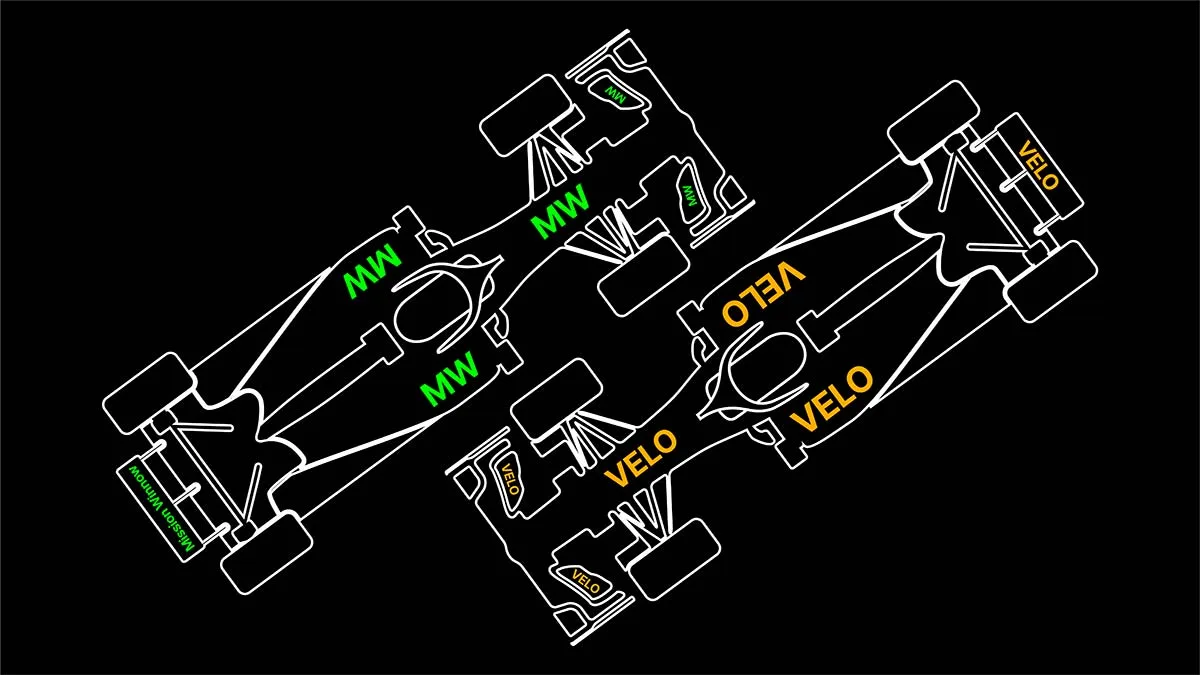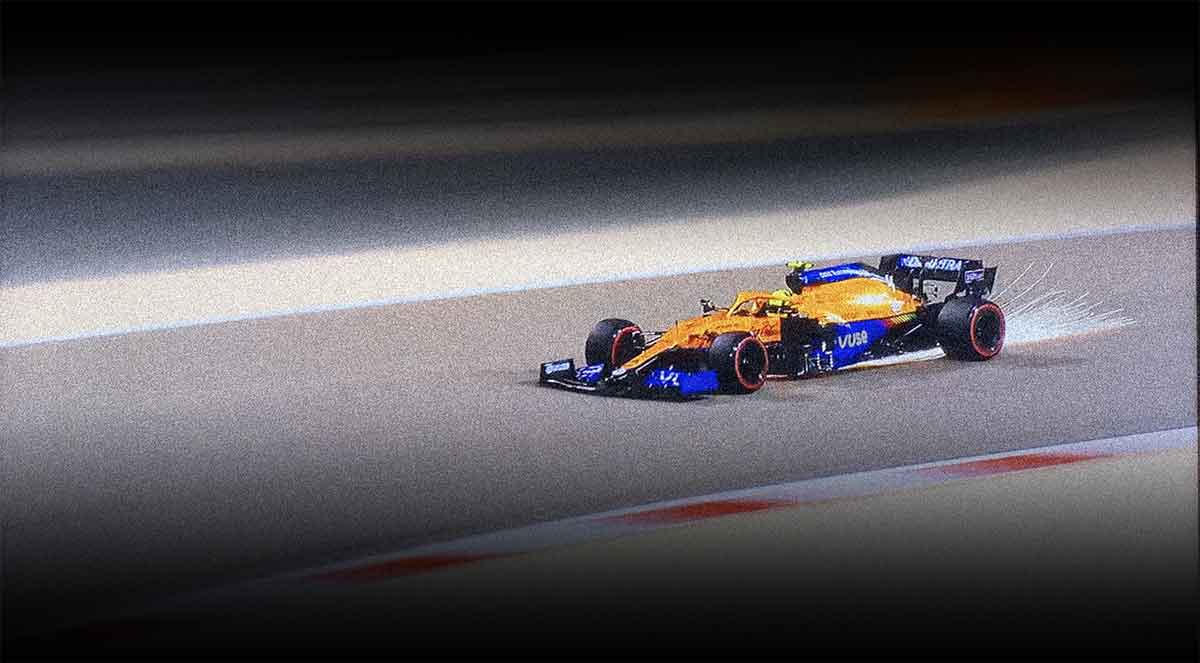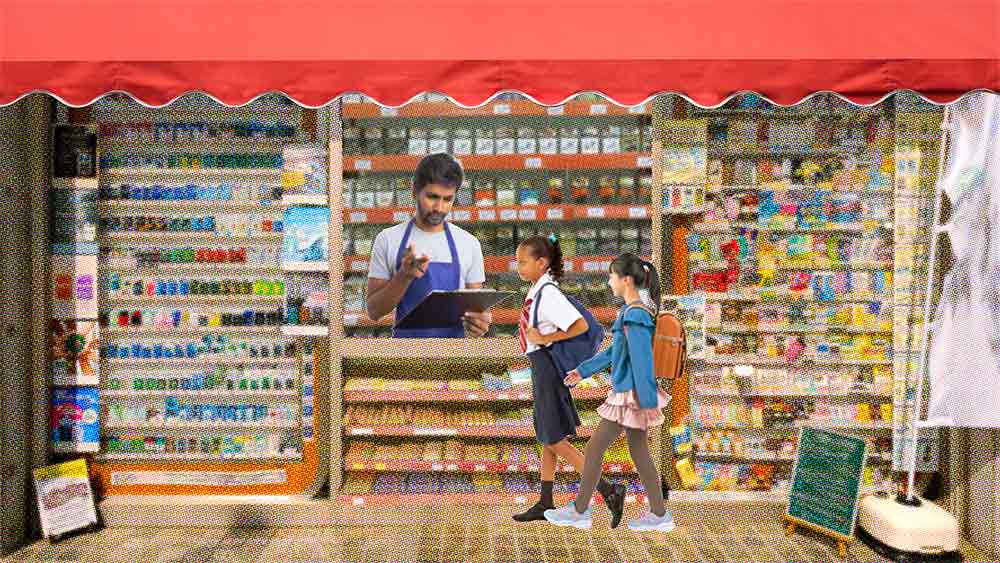- Resources
- News
-
-
Get Email Updates
Sign up for STOP's emails and never miss an update on our latest work and the tobacco industry's activity.
-
Get Funding
Ready to tackle industry interference? You could be eligible for a grant.
-
Share a Tip
Do you have information on tobacco industry misconduct in your country? Let us know.
-
Get Email Updates

Formula 1—the popular global racing sport—is associated with luxury, glamour and cutting-edge technology. Big Tobacco, on the other hand, brings to mind sickness, death, environmental destruction and deceitful business practices. If F1 represents a promising and exciting future as it works to make the sport more sustainable, Big Tobacco personifies the past.
Big Tobacco knows that for its business to survive, it needs a new reputation—one that portrays it as a tech-driven, evolving and forward-thinking industry, similar to F1, which boasts hundreds of millions of fans. That’s likely why tobacco companies British American Tobacco (BAT) and Philip Morris International (PMI) are projected to sink approximately $105 million into F1 team sponsorships in 2021.
But there’s something else that F1 has that BAT (which sponsors McLaren) and PMI (which sponsors Ferrari) may want even more: access to a young fan base that is growing. By continuing to allow tobacco company sponsorship in F1, the sport’s governing body, the Fédération Internationale de l’Automobile (FIA), may be putting these young fans within the tobacco industry’s reach.
Big Tobacco is back in F1, and now it’s coming after young fans
In 2020, the STOP report Driving Addiction: Formula 1 and Tobacco Advertising called attention to a sudden uptick in tobacco sponsorship spending in F1. It was especially concerning considering the FIA had recommended a ban on tobacco advertising as of 2006.
Tobacco companies had steadily decreased their F1 sponsorship spending in anticipation of the ban and all but one—PMI—eventually dropped out. For a time, F1 fans were no longer subjected to blatant tobacco advertising while watching the sport.
But in 2019, PMI increased its spending, and BAT re-entered the sport. The 2020 STOP report showed that while the tobacco companies could no longer plaster cigarette logos all over team cars and livery, they had begun advertising novel products, such as e-cigarettes, and vague corporate initiatives and slogans like BAT’s “A Better Tomorrow” and PMI’s “Mission Winnow” (both of which are registered as trademarks for use with tobacco products).
The 2020 report also highlighted that many of F1’s fans were relatively affluent, with the typical F1 viewer coming from the middle-income sector or higher. This demographic was ideal for Big Tobacco, which promotes its novel products in higher-income markets.
In that report, STOP also expressed concern about exposure to tobacco brands and messages among F1’s younger fans. STOP’s new report, Driving Addiction: Tobacco Sponsorship in Formula One, 2021, takes a closer look at that issue.
Big Tobacco rides along as F1 grows its younger fan base
When Liberty Media bought the rights to F1 in 2017, it announced it would be working to grow the sport’s global audience and attract younger fans. One could see why that would make Big Tobacco’s ears perk up. In many countries around the world, young people are protected from tobacco industry messaging by country-specific tobacco advertising and sponsorship bans, in line with the global health treaty, the World Health Organization (WHO) Framework Convention on Tobacco Control (FCTC). Yet through F1’s global broadcast coverage, BAT and PMI are able to gain cross-border exposure for their brands and corporate messaging, providing access to young audiences who would otherwise be protected by their national laws.
With their sponsorships, BAT and PMI may be accessing F1’s connection with its young fans. Both McLaren and Ferrari have strong social media followings, with research in the STOP report suggesting that McLaren boasts the second-youngest fanbase, and Ferrari the fifth-youngest among F1 teams. Both BAT and PMI use their F1 partnerships to engage with these young fans on Instagram, Twitter and Facebook. For example, BAT worked with Instagram influencers to promote its e-cigarette and nicotine pouch at the Abu Dhabi Grand Prix, and PMI’s Mission Winnow logo was present on the wallpapers the Ferrari Twitter account offered to fans.
BAT also blatantly advertises its Velo nicotine pouch brand to young fans via the McLaren team’s Velo e-sports series (nearly 40% of e-sports fans are under the age of 24 according to data from Nielsen). And the BAT-McLaren partnership gained attention again from young people when BAT “donated” its sponsorship space on the McLaren car to the Tomorrowland music festival (of which it is a corporate partner) during the 2021 Austrian Grand Prix.
Big Tobacco’s disguises aren’t working
Young fans might not see garish advertisements for Marlboro or Lucky Strike cigarettes in F1 anymore, but tobacco industry messaging and interests are still being pushed onto fans. BAT advertises e-cigarettes and nicotine pouches with inconspicuous names like Vuse and Velo and whose branding features bright, cheerful colors—giving little indication that both products are addictive. Its “A Better Tomorrow” corporate tagline distracts from the fact that BAT still makes the great majority of its profits from selling deadly cigarettes.
PMI’s “Mission Winnow” also appears to be a thinly veiled ploy to boost the company’s reputation—or at least attempt to distance itself from the hundreds of billions of cigarettes it sells every year. Ambiguously referred to as a “change lab” focusing on “reframing global conversations” and “connecting people,” “Mission Winnow” is still registered as a trademark for use with tobacco products, and PMI still reaps the great majority of its profits from cigarettes.
F1 is complicit in Big Tobacco’s attempts to addict young users
Through its F1 sponsorships, Big Tobacco may be able to work around measures such as the FCTC and advertising bans to reach F1’s young fans. With almost every other sport already having banned tobacco advertising, F1 is behind the curve. The longer the FIA refuses to permanently and fully ban tobacco sponsorship in F1, the more it could come to resemble the tobacco industry itself: outdated and living in the past.
Learn more in STOP’s new report Driving Addiction: Tobacco Sponsorship in Formula One.


